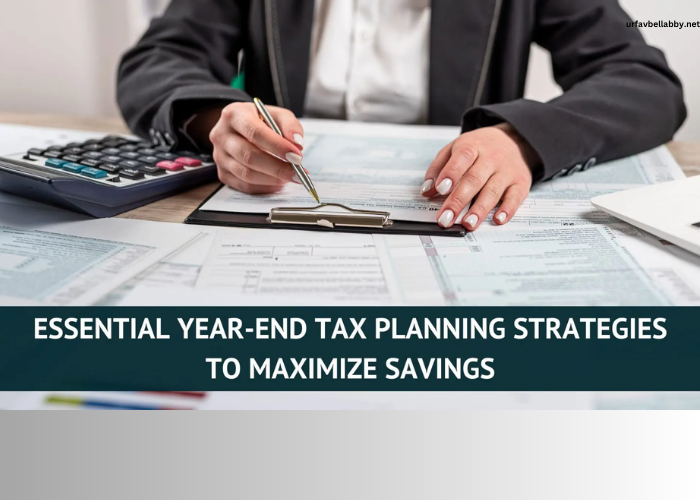Tax planning is an essential component of financial management. By understanding tax laws and implementing effective strategies, you can significantly reduce your tax burden and increase your financial savings. Here are some practical tax planning strategies to consider:
1. Maximize Retirement Contributions
Contributing to retirement accounts such as a 401(k), IRA, or Roth IRA can offer substantial tax advantages. Contributions to traditional 401(k) and IRA accounts are typically tax-deductible, which can lower your taxable income for the year. Additionally, many employers offer matching contributions, effectively increasing your retirement savings.
2. Leverage Tax Credits
Tax credits directly reduce your tax liability and are often more valuable than deductions. Popular credits include the Child Tax Credit, Earned Income Tax Credit, and credits for education expenses such as the American Opportunity Credit. Be sure to review eligibility criteria to maximize these benefits.
3. Optimize Tax-Loss Harvesting
If you have investments, consider using tax-loss harvesting to offset capital gains. This involves selling underperforming investments at a loss to reduce the taxable gains from other profitable investments. Be mindful of the “wash sale” rule, which prohibits repurchasing a similar investment within 30 days.
4. Take Advantage of Health Savings Accounts (HSAs)
Contributions to an HSA are tax-deductible, and withdrawals for qualified medical expenses are tax-free. Additionally, funds in an HSA grow tax-deferred, making it a triple tax-advantaged account. HSAs are a powerful tool for reducing taxable income while saving for healthcare expenses.
5. Utilize Flexible Spending Accounts (FSAs)
FSAs allow you to set aside pre-tax dollars for healthcare or dependent care expenses. Although funds must generally be used within the plan year, FSAs can provide significant tax savings by reducing your taxable income.
6. Claim Home Office Deductions
If you work from home, you may be eligible for a home office deduction. This allows you to deduct a portion of your home expenses, such as rent, utilities, and internet, based on the square footage used exclusively for business purposes.
7. Donate to Charity
Charitable donations can be tax-deductible if you itemize deductions. Contributions can include cash, goods, or even appreciated securities. Be sure to obtain proper documentation and follow IRS guidelines to claim these deductions.
8. Defer Income
If you anticipate being in a lower tax bracket next year, consider deferring income to the following year. For example, you could delay end-of-year bonuses or defer invoicing for freelance work until January.
9. Invest in Tax-Efficient Funds
When investing, consider tax-efficient mutual funds or exchange-traded funds (ETFs) to minimize capital gains distributions. Additionally, holding investments in tax-advantaged accounts can further reduce your tax liability.
10. Work with a Tax Professional
Tax laws are complex and subject to change. A qualified tax professional can help you identify opportunities for savings, navigate regulatory changes, and optimize your overall financial strategy.
Conclusion
Effective tax planning requires a proactive approach and a thorough understanding of available strategies. By maximizing deductions, leveraging credits, and utilizing tax-advantaged accounts, you can significantly enhance your financial position. Take the time to review your financial situation and consult with a tax professional to ensure you’re making the most of your tax-saving opportunities.





